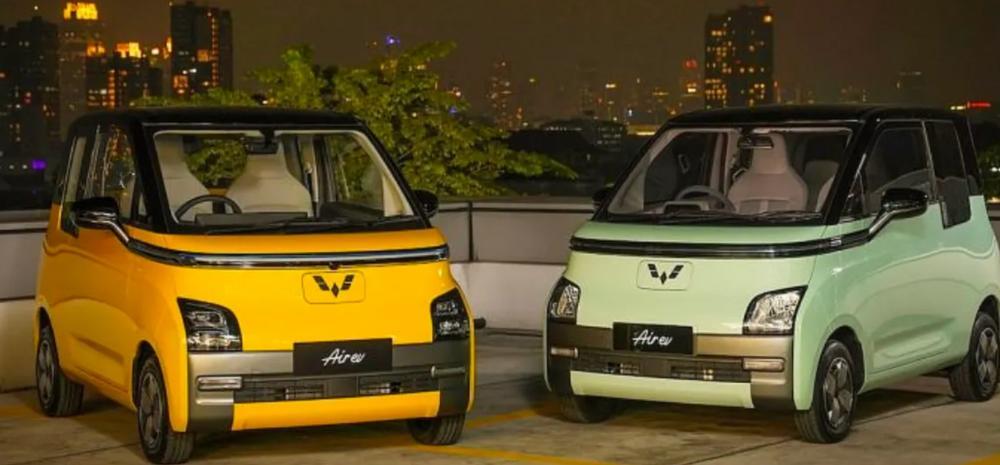
Import Duty on Foreign Electric Cars Reduced to 15% from 110%
In a move aimed at promoting the growth of the electric vehicle (EV) industry in India, the government has reduced the import duty on foreign electric cars to 15% from 110%. This significant reduction in duty is part of the Scheme to Promote Manufacturing of Electric Passenger Cars in India (SPMEPCI), which was launched by the government to encourage the setting up of electric passenger car manufacturing facilities in the country.
Under the SPMEPCI scheme, eligible carmakers that invest at least $500 million and meet specific localization and turnover milestones can import high-end electric vehicles (EVs) with a price tag of above Rs 30 lakh at a reduced 15% duty for a period of five years. Additionally, a cap of 8,000 units per year has been imposed on the import of these vehicles.
The reduction in import duty is expected to have a significant impact on the EV industry in India, which has been struggling to gain traction due to various factors, including high import duties, lack of charging infrastructure, and limited brand options. The relaxation in duty will make it more attractive for foreign carmakers to import high-end EVs into the country, which will not only increase the options available to Indian consumers but also help to drive the growth of the EV market.
The SPMEPCI scheme is designed to promote the growth of the EV industry in India by providing incentives to carmakers that invest in the country. By reducing the import duty on high-end EVs, the government is sending a strong signal that it is committed to promoting the adoption of electric vehicles in the country.
The reduction in import duty is also expected to have a positive impact on the environment. EVs are considered to be a cleaner and more environmentally friendly alternative to traditional internal combustion engine vehicles. By promoting the adoption of EVs, the government can help to reduce the country’s carbon footprint and improve air quality.
The SPMEPCI scheme is not the only initiative that the government has launched to promote the growth of the EV industry in India. The government has also set a target of having five million EVs on the country’s roads by 2025, which is a significant increase from the current number of around 500,000 EVs.
To achieve this target, the government has launched several initiatives, including the Faster Adoption and Manufacturing of Hybrid and Electric Vehicles (FAME) scheme, which provides incentives to carmakers that produce EVs and hybrid vehicles. The government has also launched the National Electric Mobility Mission Plan (NEMMP), which aims to promote the adoption of EVs in the country by providing incentives to consumers and carmakers.
The reduction in import duty on foreign electric cars is a significant step in the right direction and is expected to have a positive impact on the EV industry in India. It will not only increase the options available to Indian consumers but also help to drive the growth of the EV market. As the world shifts towards cleaner and more environmentally friendly modes of transportation, India is well positioned to take advantage of this trend and become a leader in the EV industry.
Conclusion
The reduction in import duty on foreign electric cars is a significant move by the government to promote the growth of the EV industry in India. The SPMEPCI scheme is designed to encourage carmakers to invest in the country and produce EVs locally. The reduction in import duty will make it more attractive for foreign carmakers to import high-end EVs into the country, which will not only increase the options available to Indian consumers but also help to drive the growth of the EV market. As the world shifts towards cleaner and more environmentally friendly modes of transportation, India is well positioned to take advantage of this trend and become a leader in the EV industry.
Source
https://trak.in/stories/import-duty-on-electric-cars-reduced-to-15-from-110/






